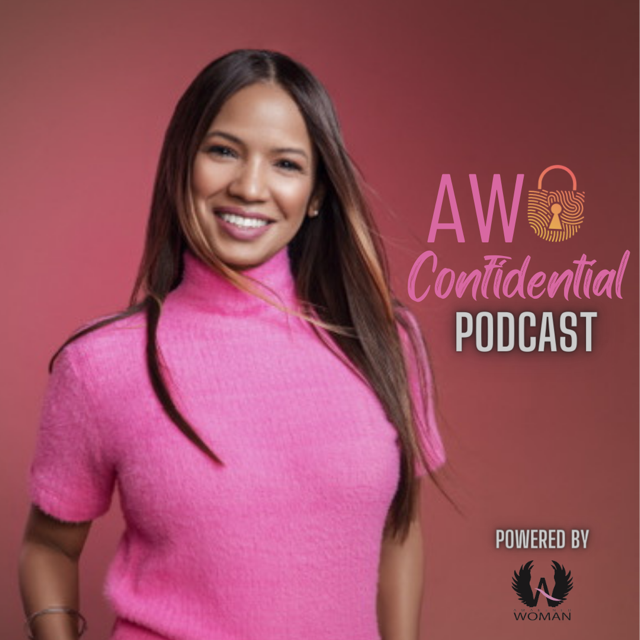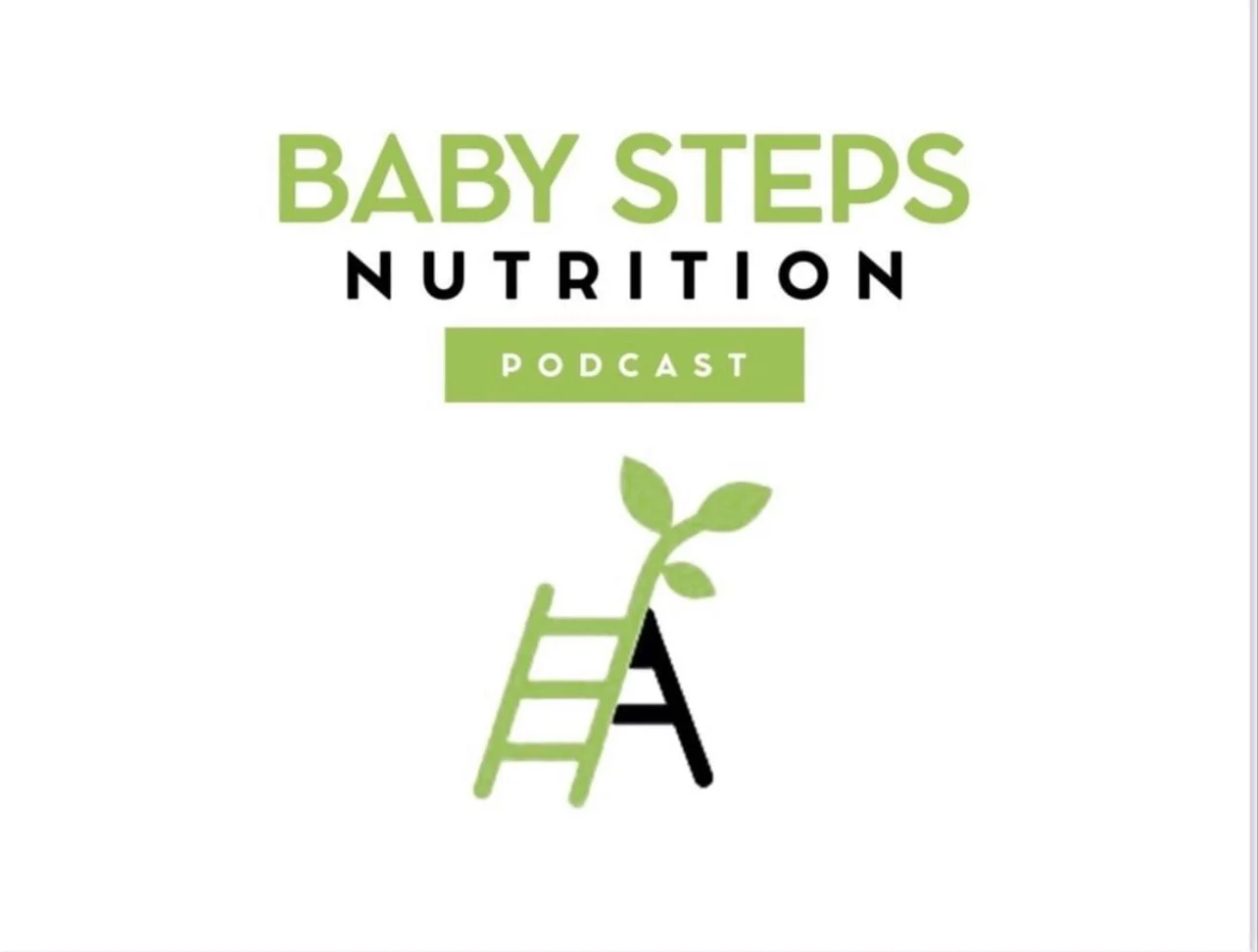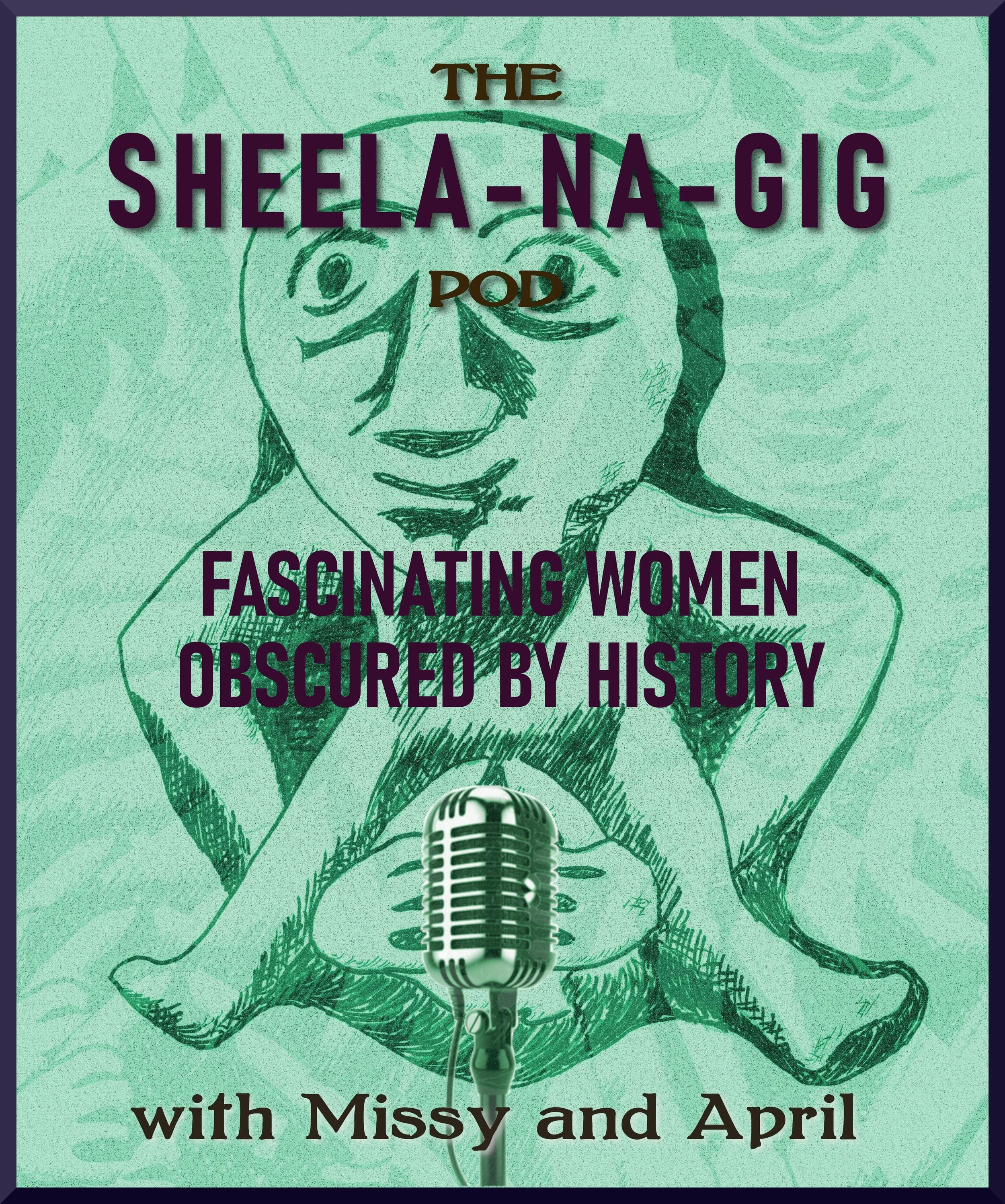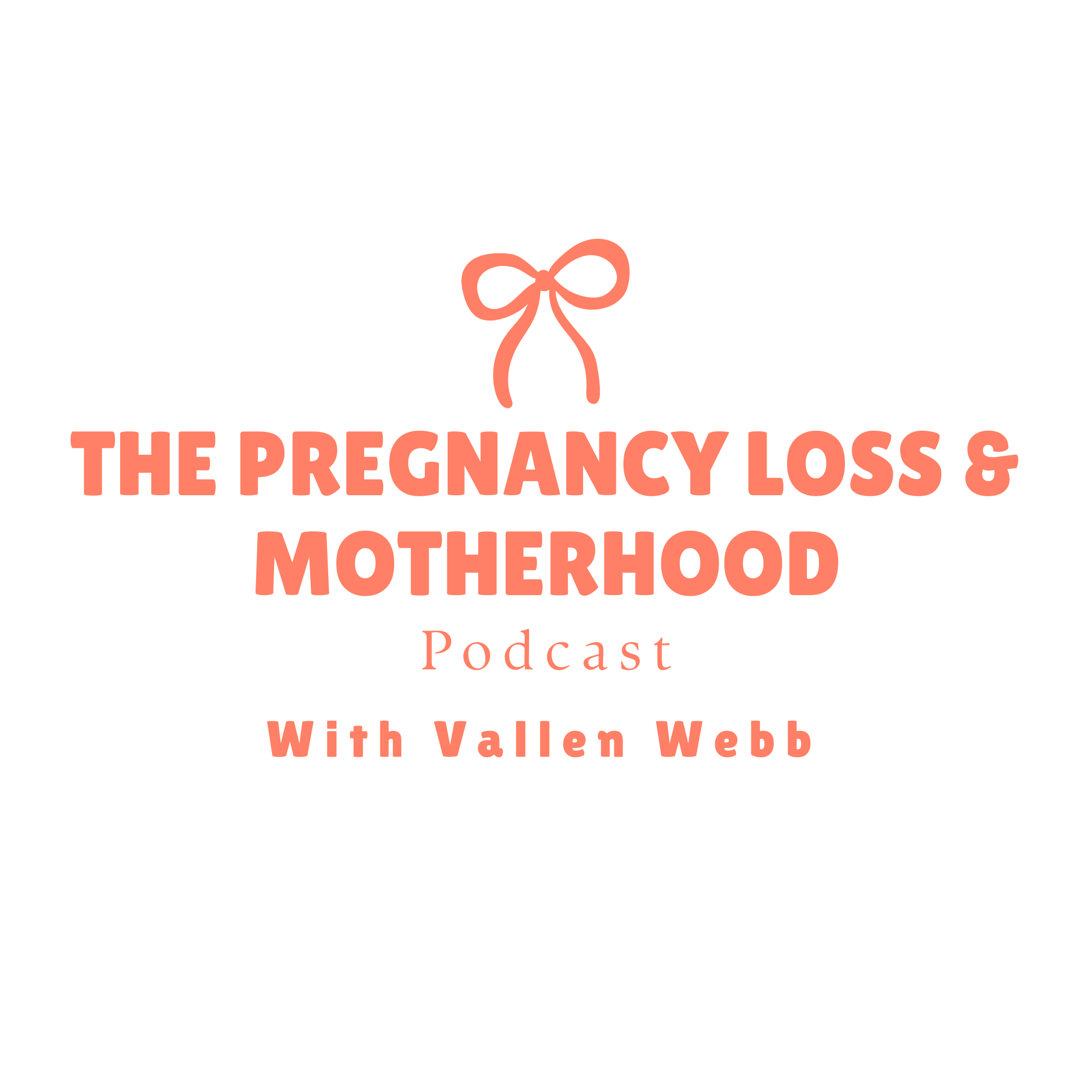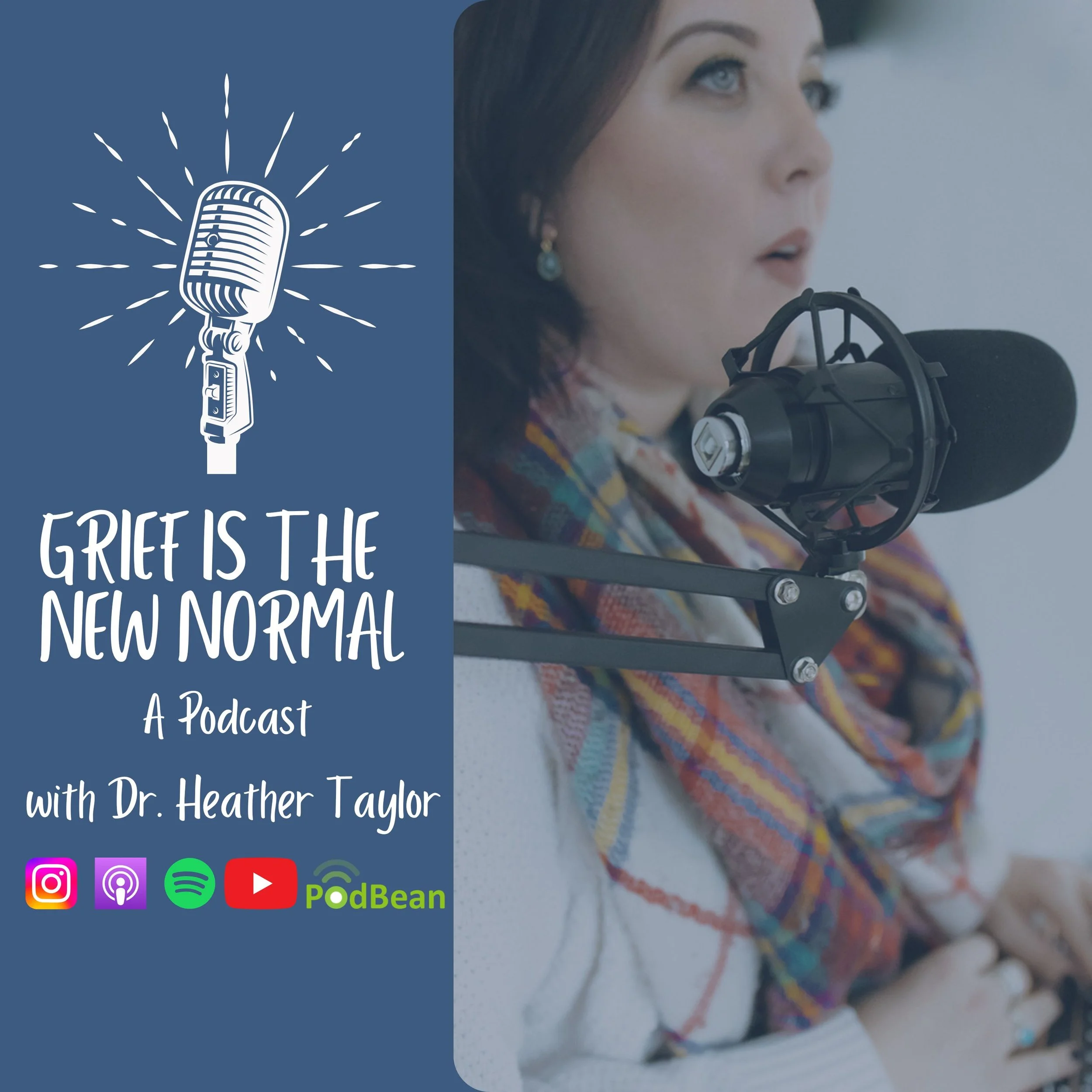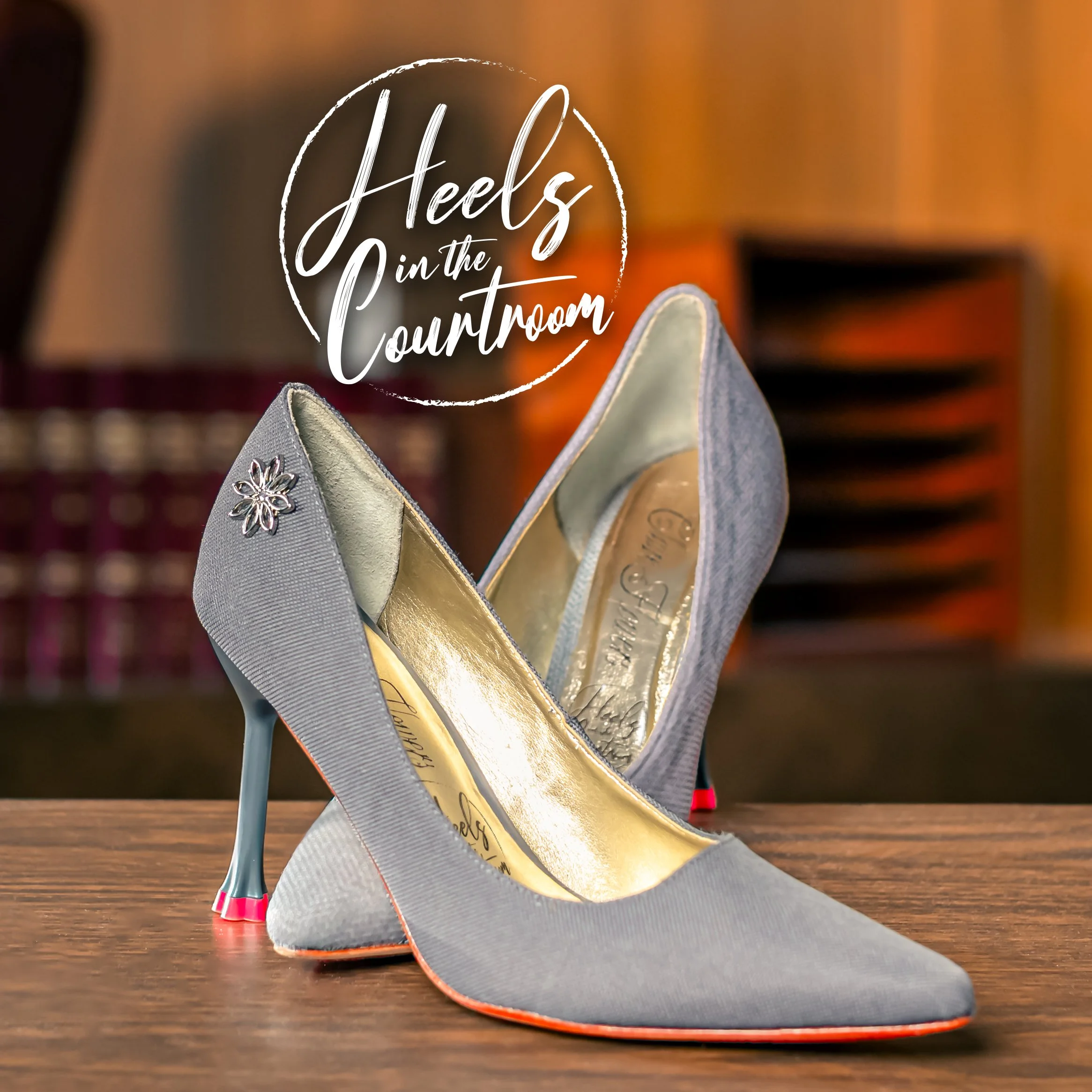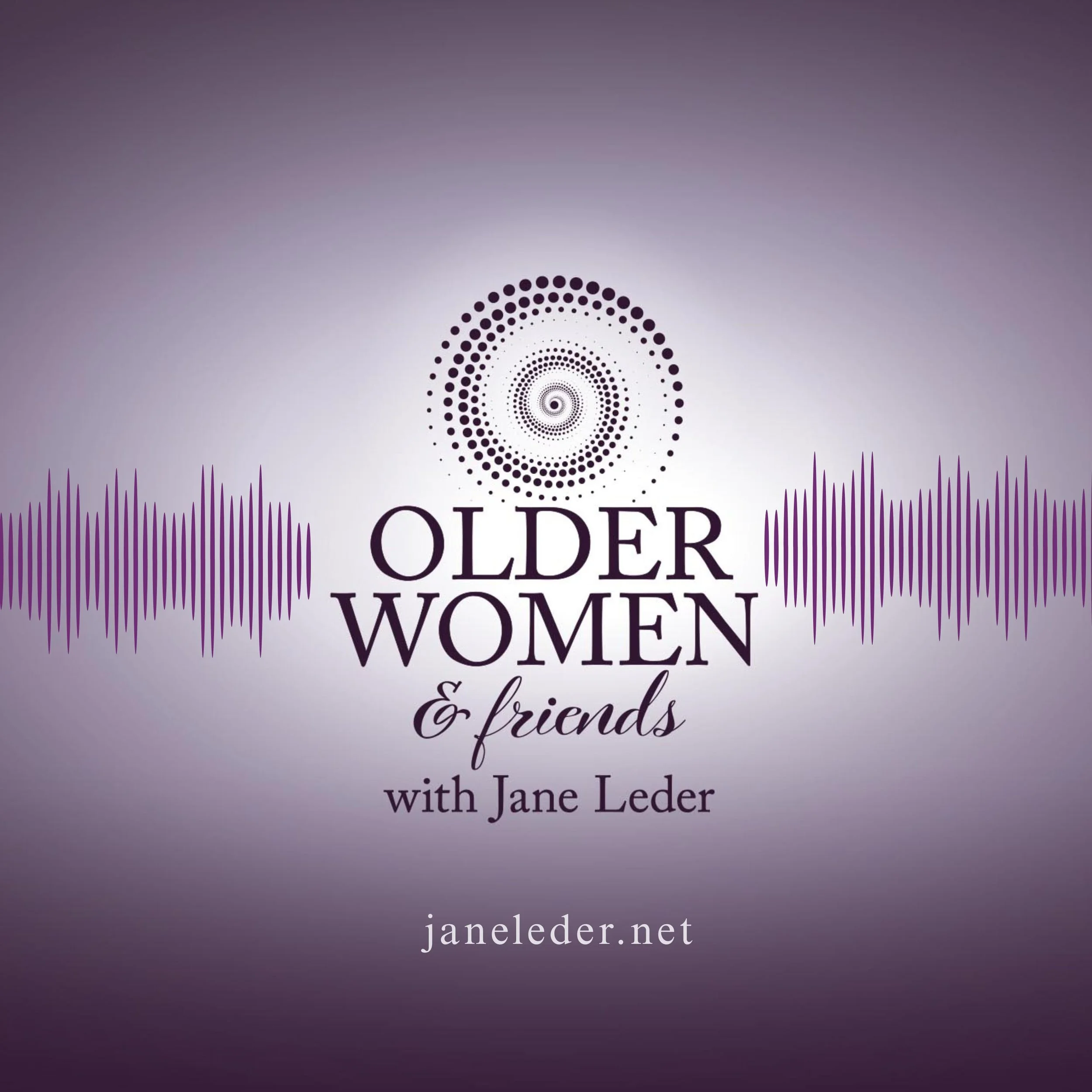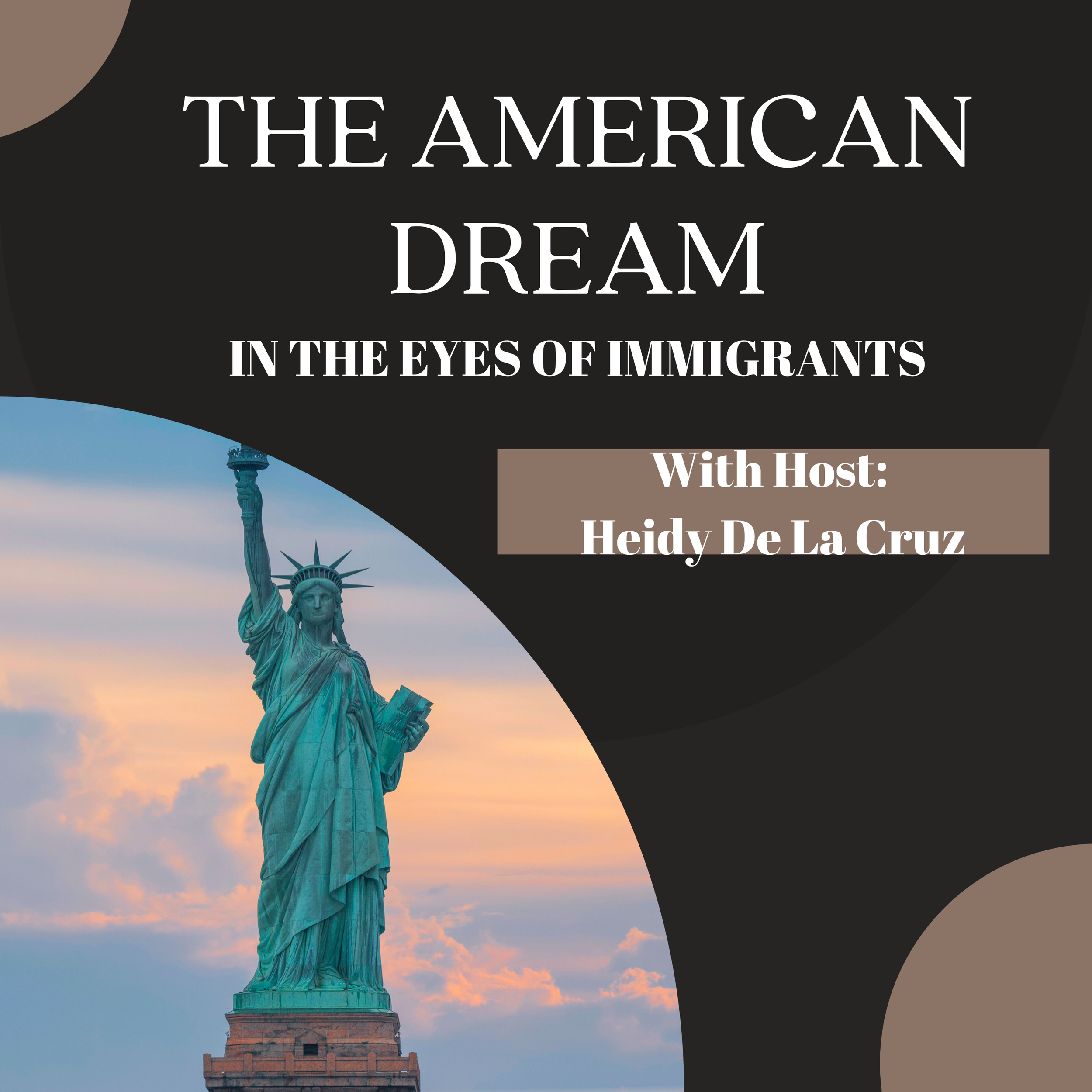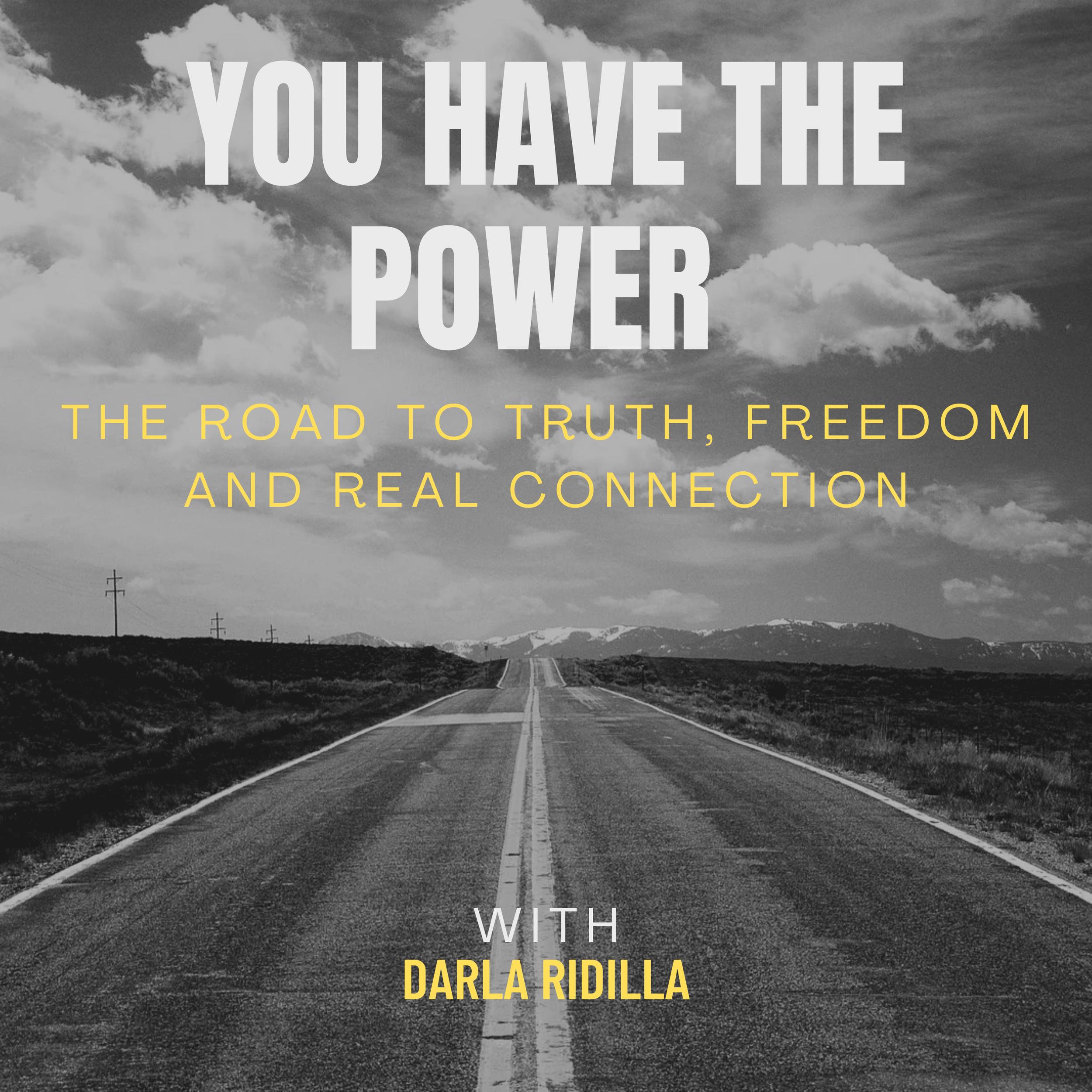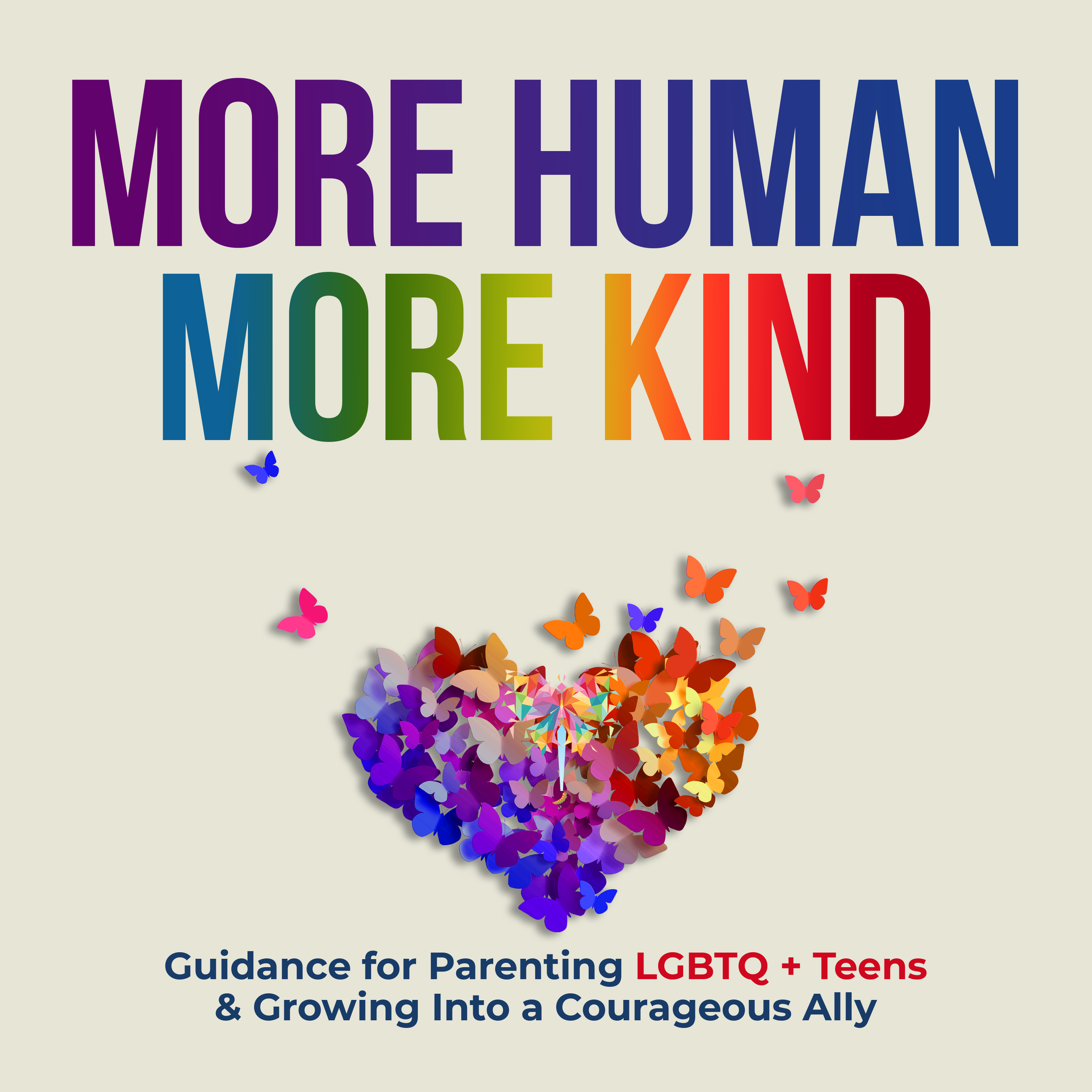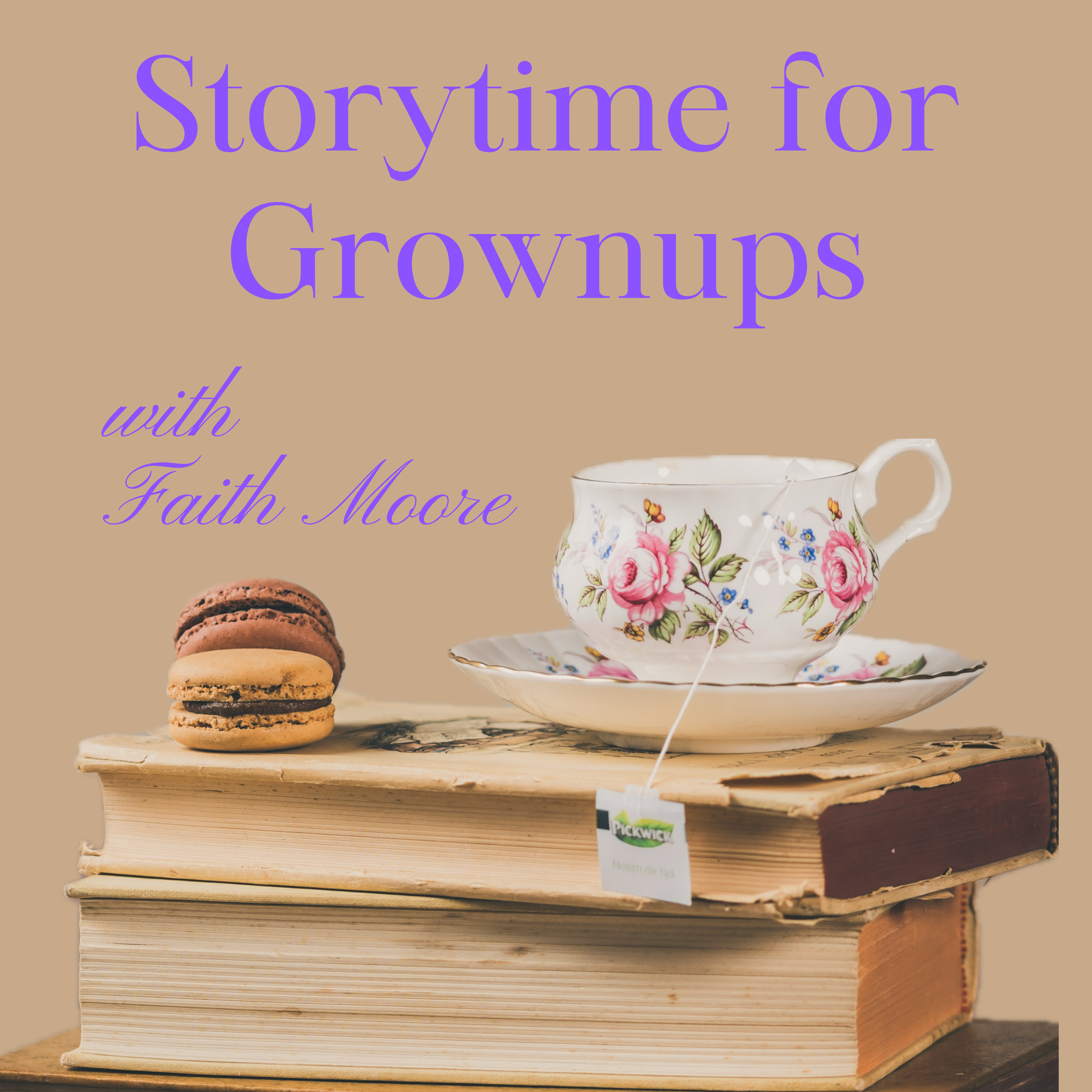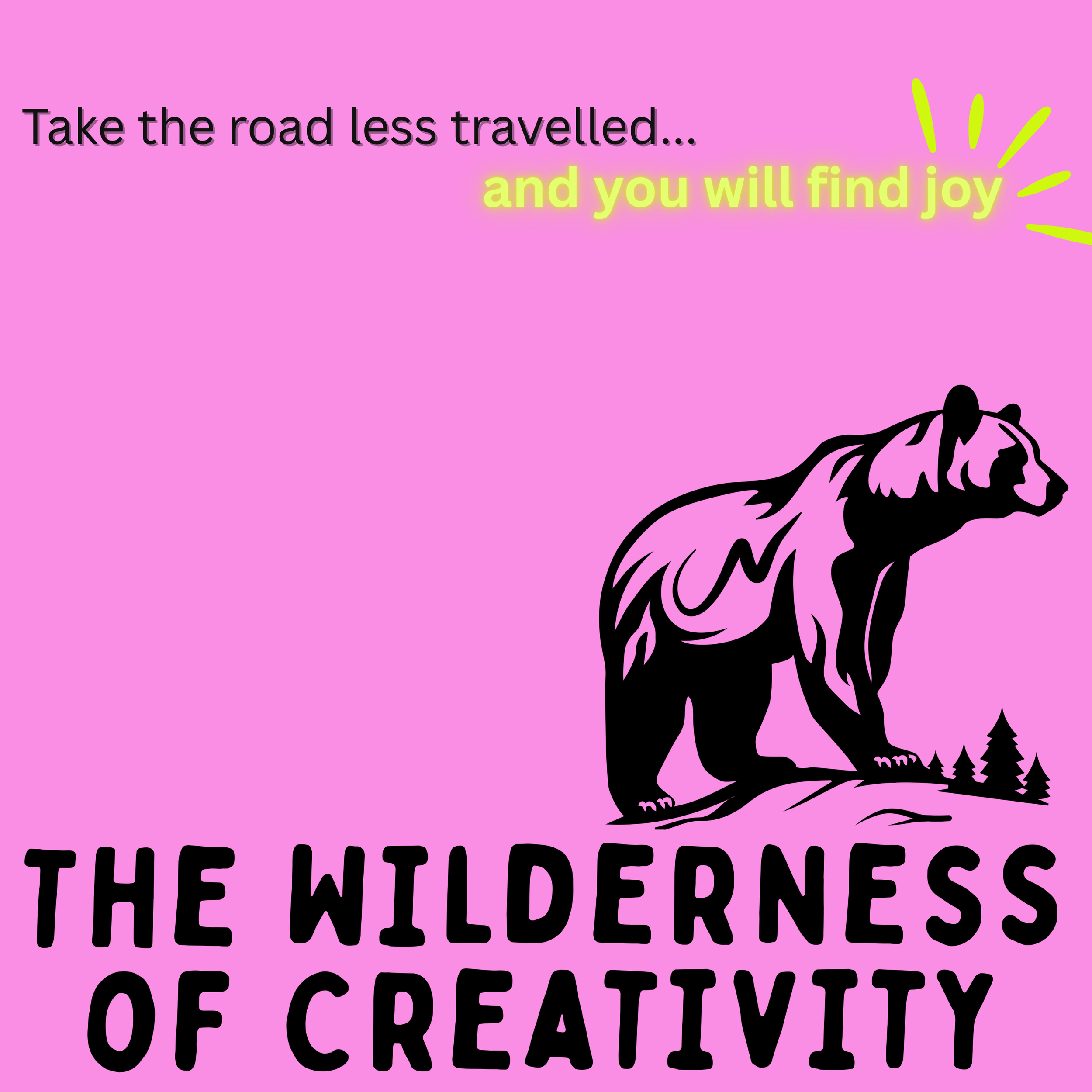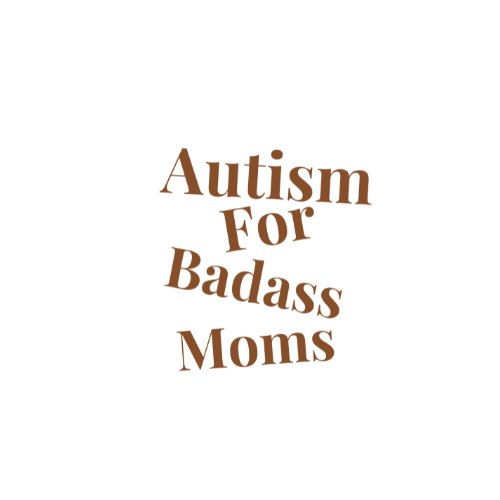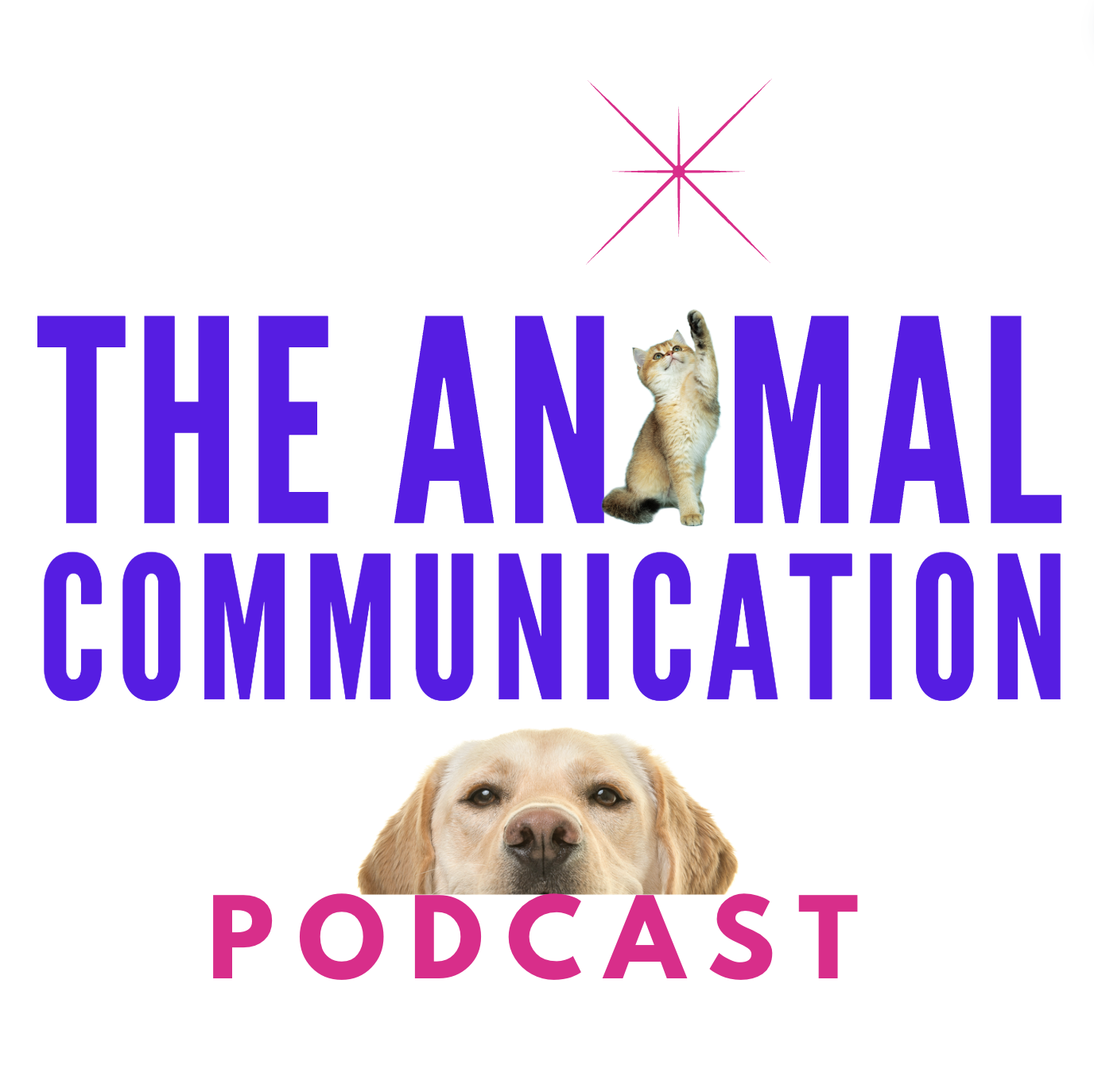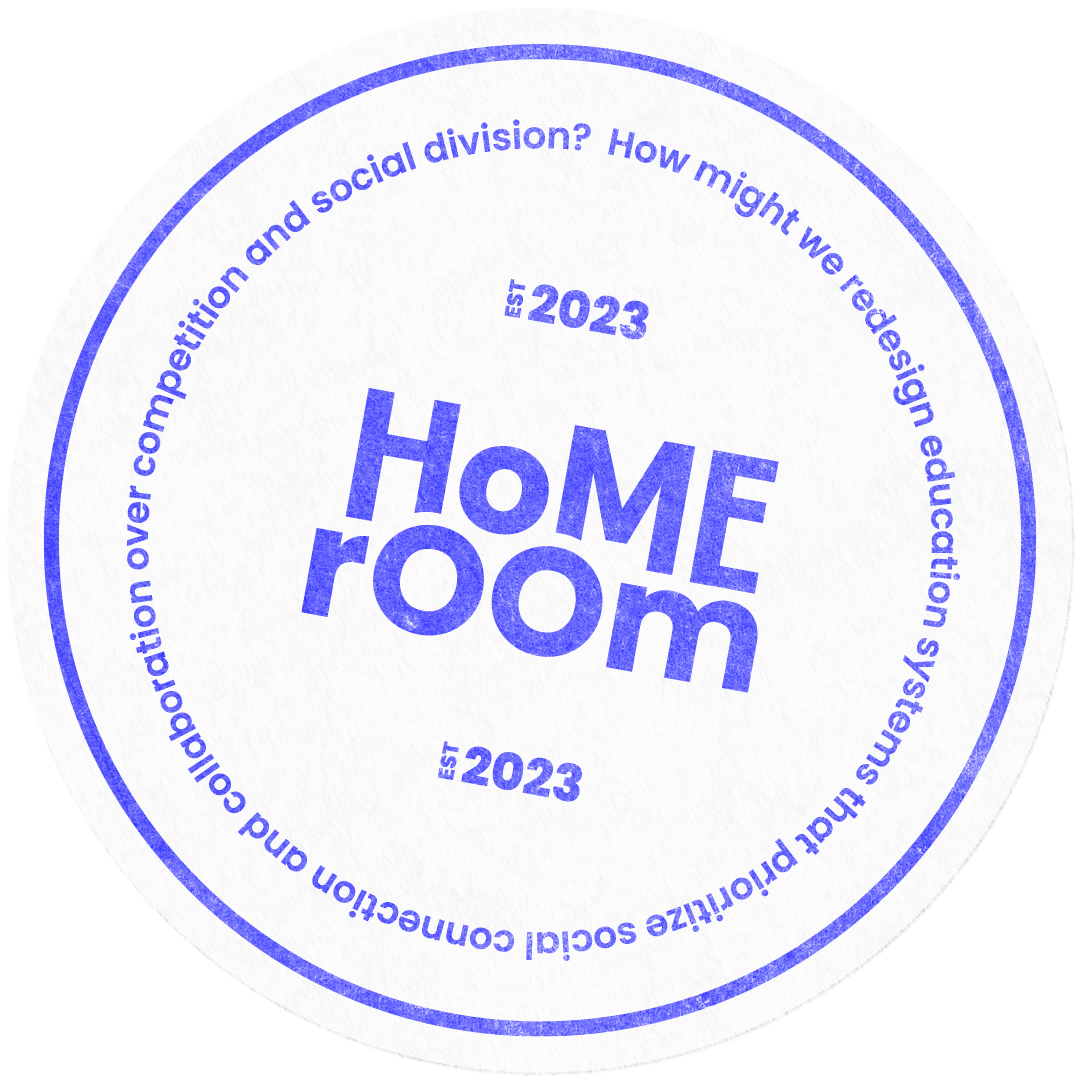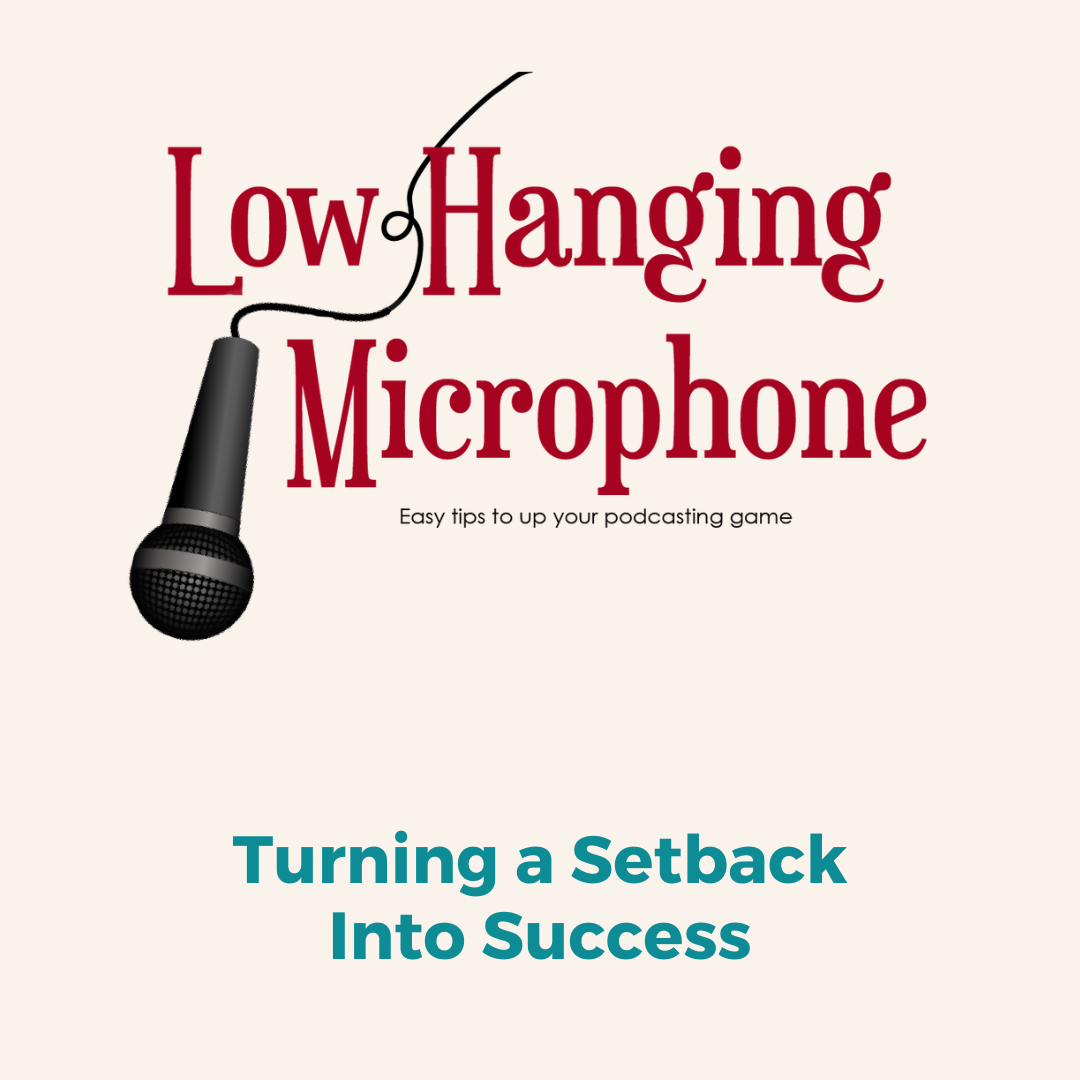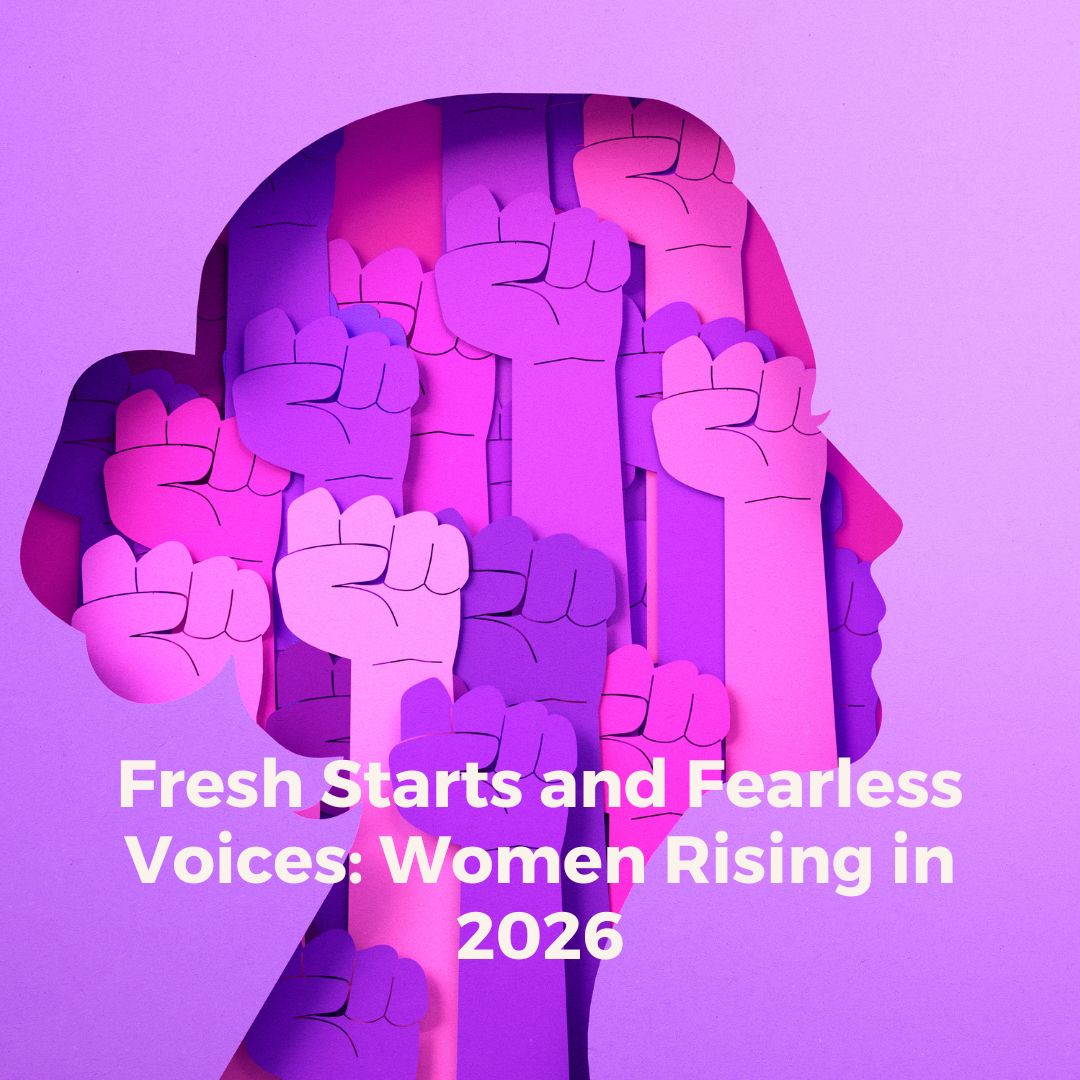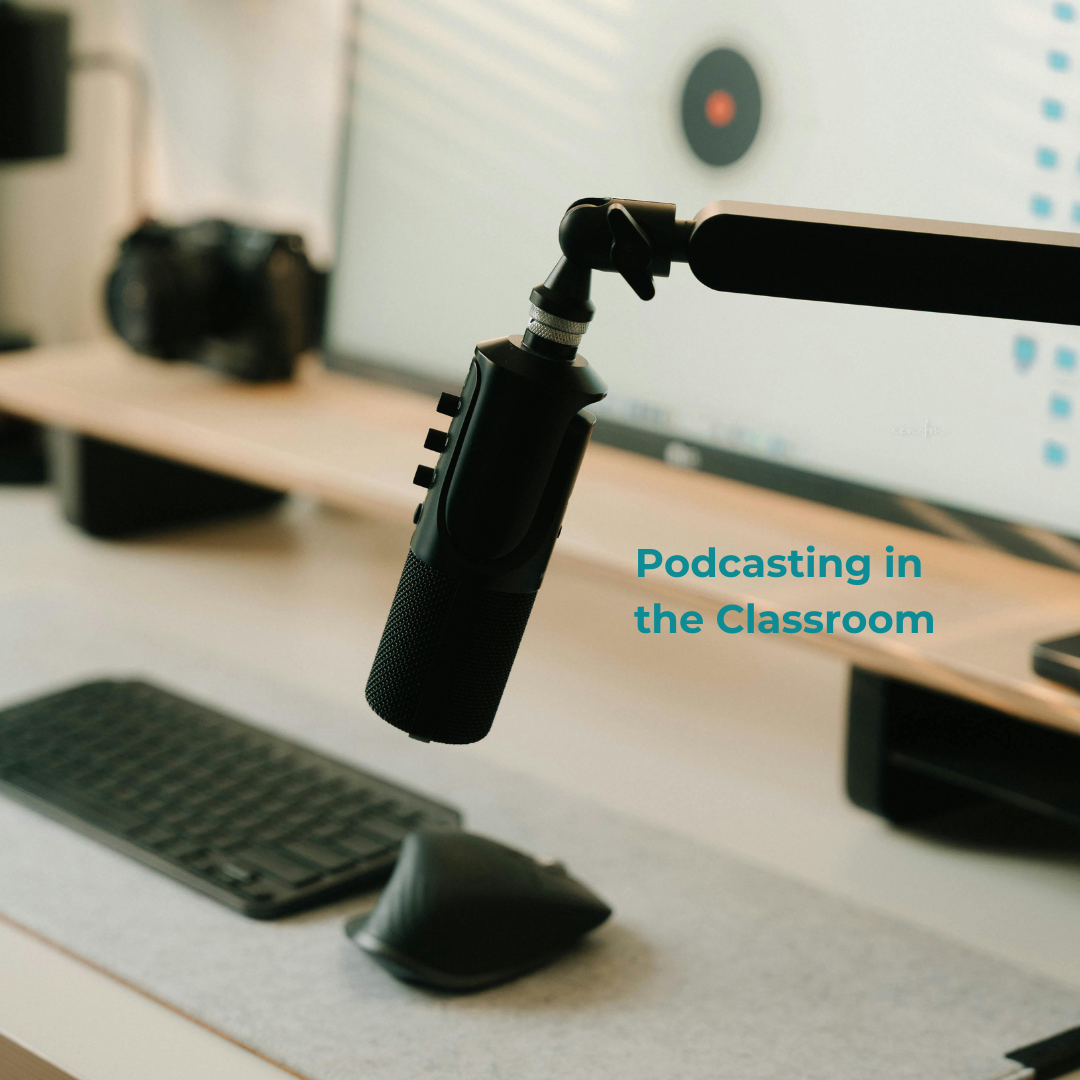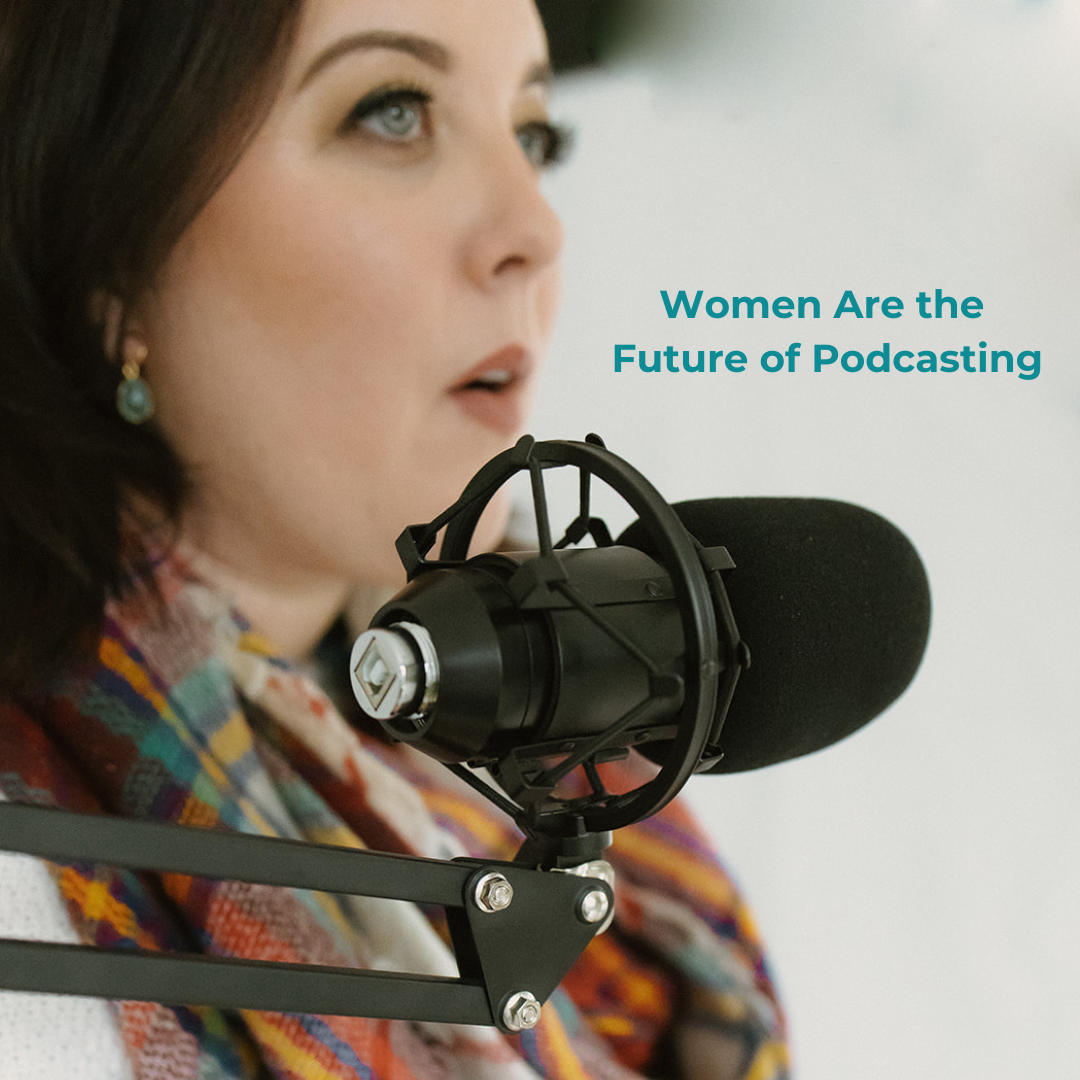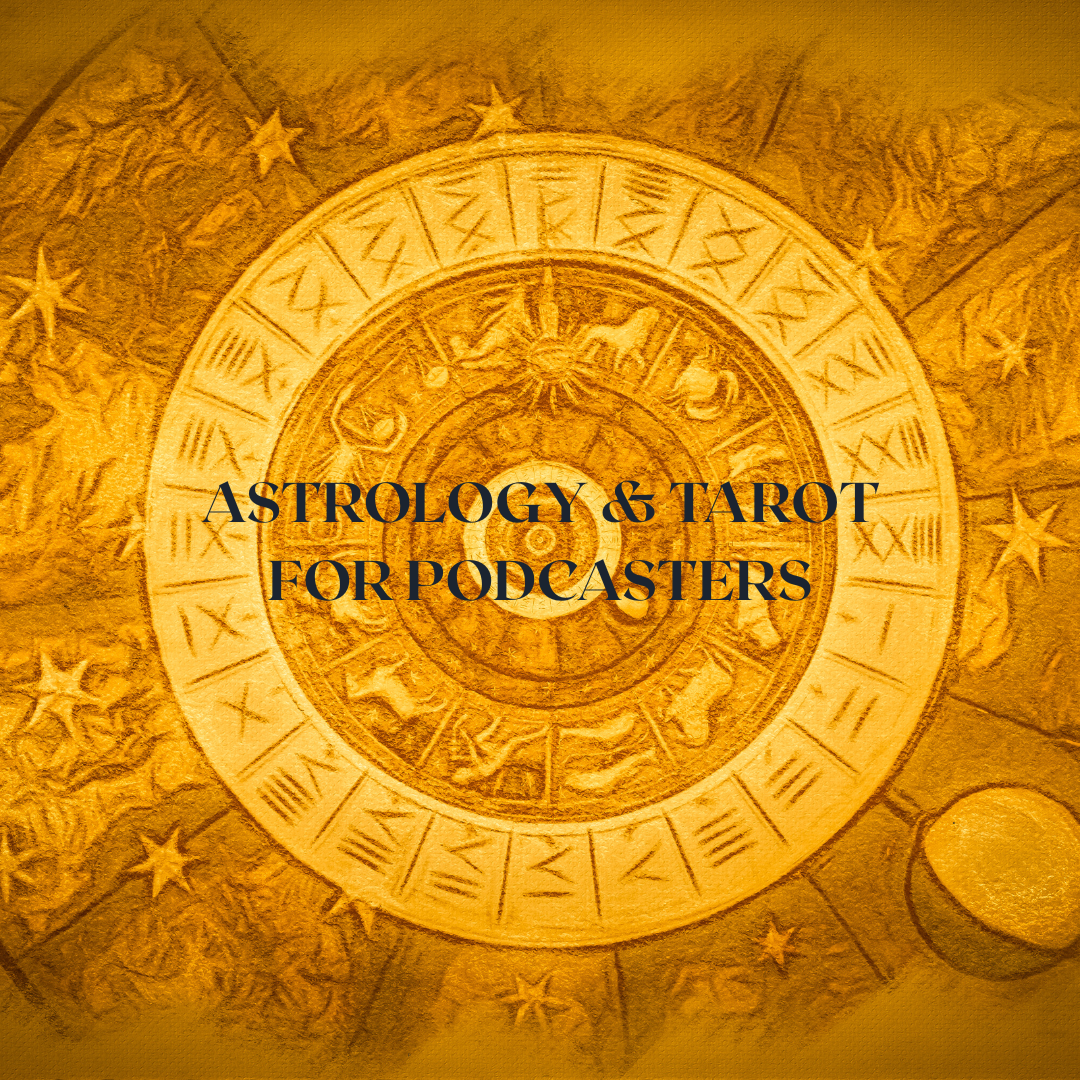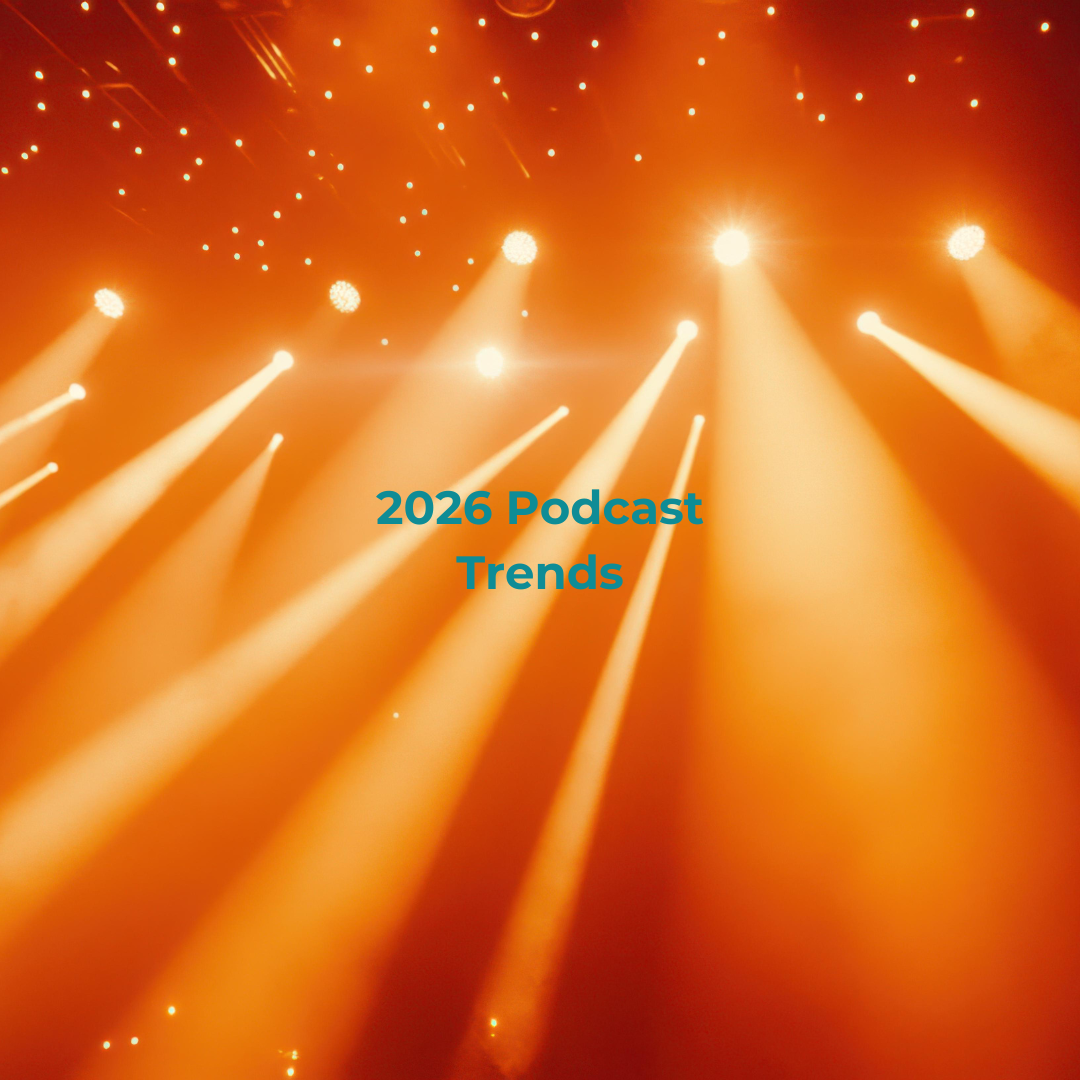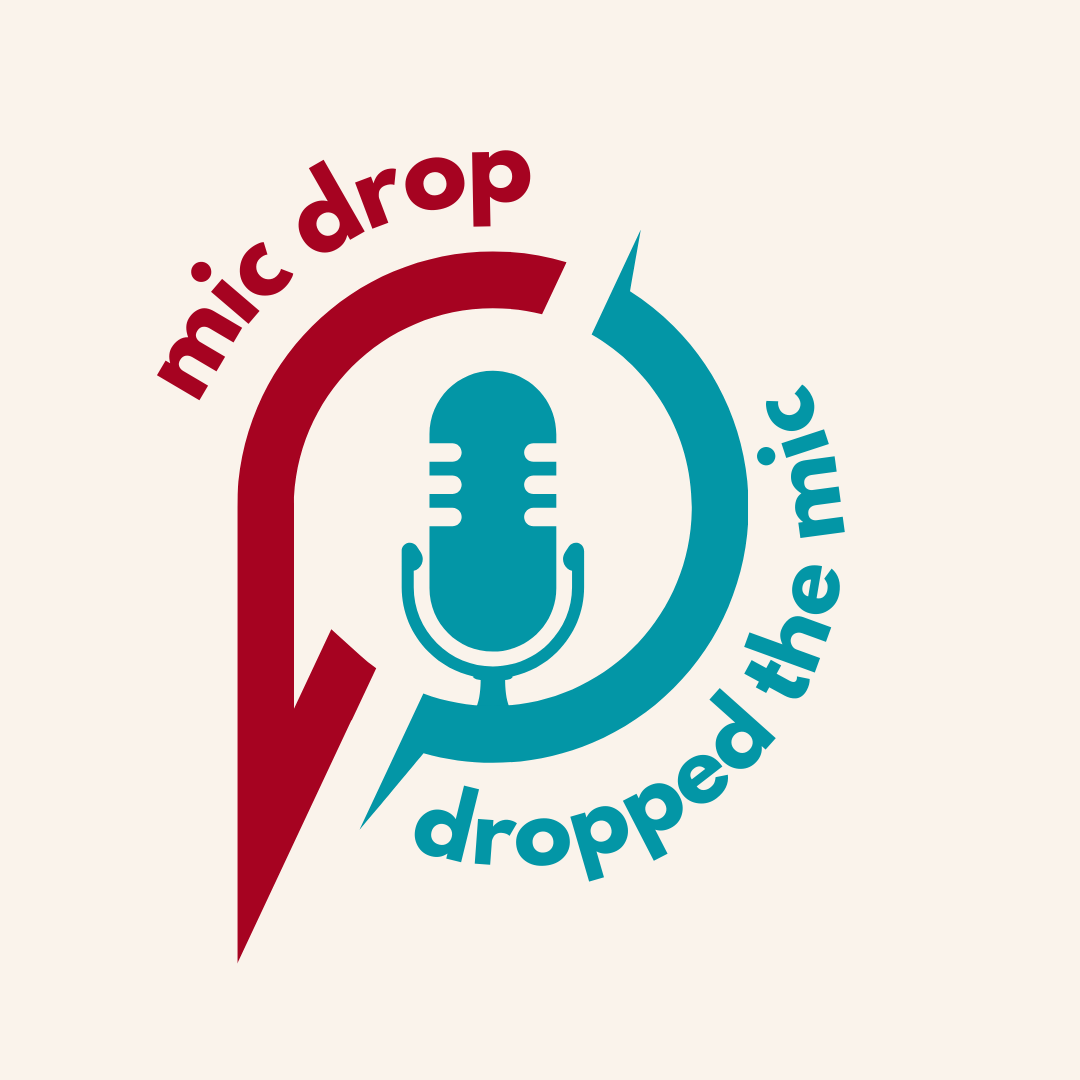
IN THIS ISSUE OF WOMEN WHO PODCAST MAGAZINE
Featured Article
Fresh Starts and Fearless Voices: Women Rising in 2026
by Jenelle Simpson
Every January, the world feels like it’s holding its breath. The clock resets, the calendar turns, and the promise of new whispers in every quiet space but for many of us, “new” doesn’t mean perfect. It means brave.
Last year may have tested your spirit, pulled at your faith, or asked you to let go of something you once thought you couldn’t live without. But standing here at the dawn of 2026 is proof that you made it through. And maybe, just maybe, this is the year you stop apologizing for how long healing took and start celebrating the woman who refused to give up when everything tried to silence her.
Because this year, we aren’t starting over. We’re starting stronger.
Looking Back Without Looking Down
Reflection is not regret, it’s recognition. The past year carried lessons dressed as loss, redirections disguised as disappointments, and endings that were really invitations to rise.
I’ve learned that the beauty of beginning again isn’t about erasing what was; it’s about honoring what built you. Every setback, every silence, every time you had to rebuild from scratch those moments were training grounds for the woman you’ve become.
And in this season, we’re not running from our stories. We’re running with them. Mics in hand, courage in heart, and truth as our compass.
The Power of Womanhood Redefined
There is something sacred about the way women rebuild. We don’t just start over; we rise louder.
We nurture dreams while carrying pain. We turn heartbreak into podcasts, purpose into movements, and our voices into the medicine the world didn’t know it needed.
Women in podcasting have proven that storytelling isn’t just sound- it’s sanctuary. It’s where we gather, heal, and remind each other that silence was never meant to be our legacy.
Through every recording, every shared tear, every nervous laugh between edits, we are writing the narrative of modern womanhood one filled with authenticity, accountability, and audacity.
A Community of Voices Not Competition
2026 is the year of collaboration over comparison. The power of women isn’t in how loud we are individually, but in how united we are collectively.
Our stories intersect like constellations, each of us shining in our lane but brighter together. Whether you’re hosting your first episode, or celebrating your hundredth - there’s space for your voice here.
This year, we build bridges between women podcasters and listeners, between creators and dreamers, between fear and faith. Through Mirror to the Mic Magazine and the community of Life’s Deceit, I see a global sisterhood forming a circle where women connect, collaborate, and inspire one another to heal out loud and lead unapologetically.
Because legacy doesn’t begin with followers. It begins with fellowship.
The Year Obedience Found My Voice
2025 was the year I stopped negotiating with obedience. The year I stopped asking God “Why me?” and started saying, “Use me.” I learned that obedience doesn’t always look graceful, sometimes it looks like losing what you thought you couldn’t live without. It looks like walking away from circles you once begged to sit in. It sounds like silence when you’re used to noise.
It was the year I finally owned who I am even when it made people uncomfortable, even when my confidence was mistaken for arrogance, even when old voices tried to convince me I wasn’t enough. I found my voice in the trembling, my strength in the surrender. I learned that every “no” was a sacred redirection, every closed door was protection, and every separation was God clearing the path for my next assignment.
As I continue birthing Life’s Deceit and Mirror to the Mic, I see now that obedience is the birthplace of transformation. Every challenge has been a contraction pushing me closer to purpose. Every moment of doubt, a whisper from God reminding me that His calling doesn’t need validation, only surrender.
I’m grateful for the power of womanhood, for the sisters who intercede, pray, and remind each other that divine alignment sometimes means divine isolation. The journey is both bitter and sweet, but it is holy.
So here’s my prayer for 2026: that we walk in bold obedience, even when it costs us comfort. That we start the things we’ve been sitting on, sharpen each other’s gifts, and rise together as a community of voices that refuse to shrink because our obedience is the sound of purpose being born.
A Fresh Start Not From Fear, But From Faith
Starting over isn’t a setback; it’s a strategy.
There’s courage in saying, “That version of me served her purpose, but I’m ready for more.” There’s power in pivoting without shame, in redefining your goals without guilt.
This is your reminder that you are allowed to be both grateful for where you’ve been and hungry for what’s next.
Let 2026 be the year you walk boldly into your calling. Let it be the year you trade perfection for presence. Let it be the year you stop shrinking for comfort and start expanding for purpose.
Because the world doesn’t just need more podcasts. It needs more women who speak with conviction, lead with compassion, and build community with intention.
The Journey Continues
The mic is more than a tool; it’s a mirror. Every time we speak, we confront the truth of who we are becoming. Every time we listen, we create space for someone else to rise.
So, here’s to the women who dare to start again: the storytellers, the cycle breakers, the dreamers who build empires from ashes.
Here’s to the women who aren’t waiting for the world’s permission to be powerful.
Here’s to you.
In 2026, may your words heal, may your presence inspire, and may your courage echo long after the episode ends.
Because this year, we’re not just taking up space.
We’re taking back our power.
Jenelle (Jen) Simpson is a bestselling author and the visionary behind Life’s Deceit, a platform dedicated to healing, empowerment, and legacy-building.

